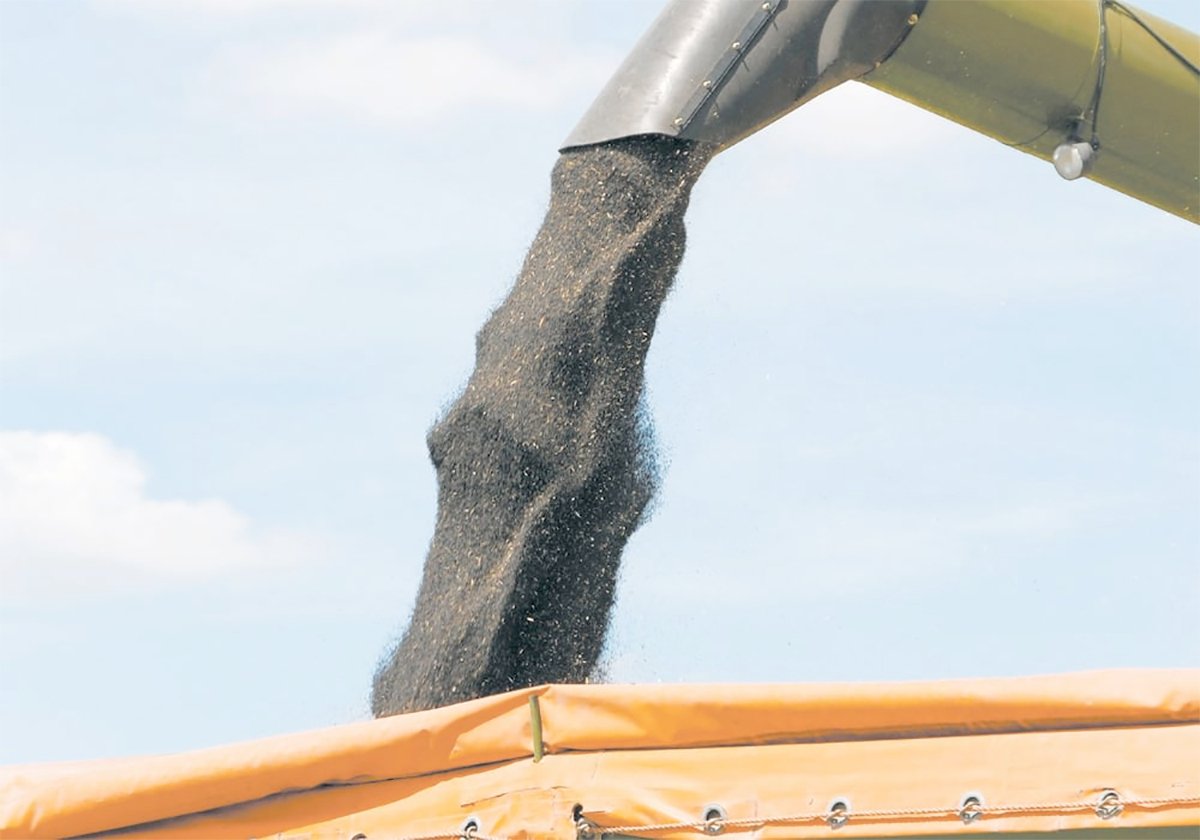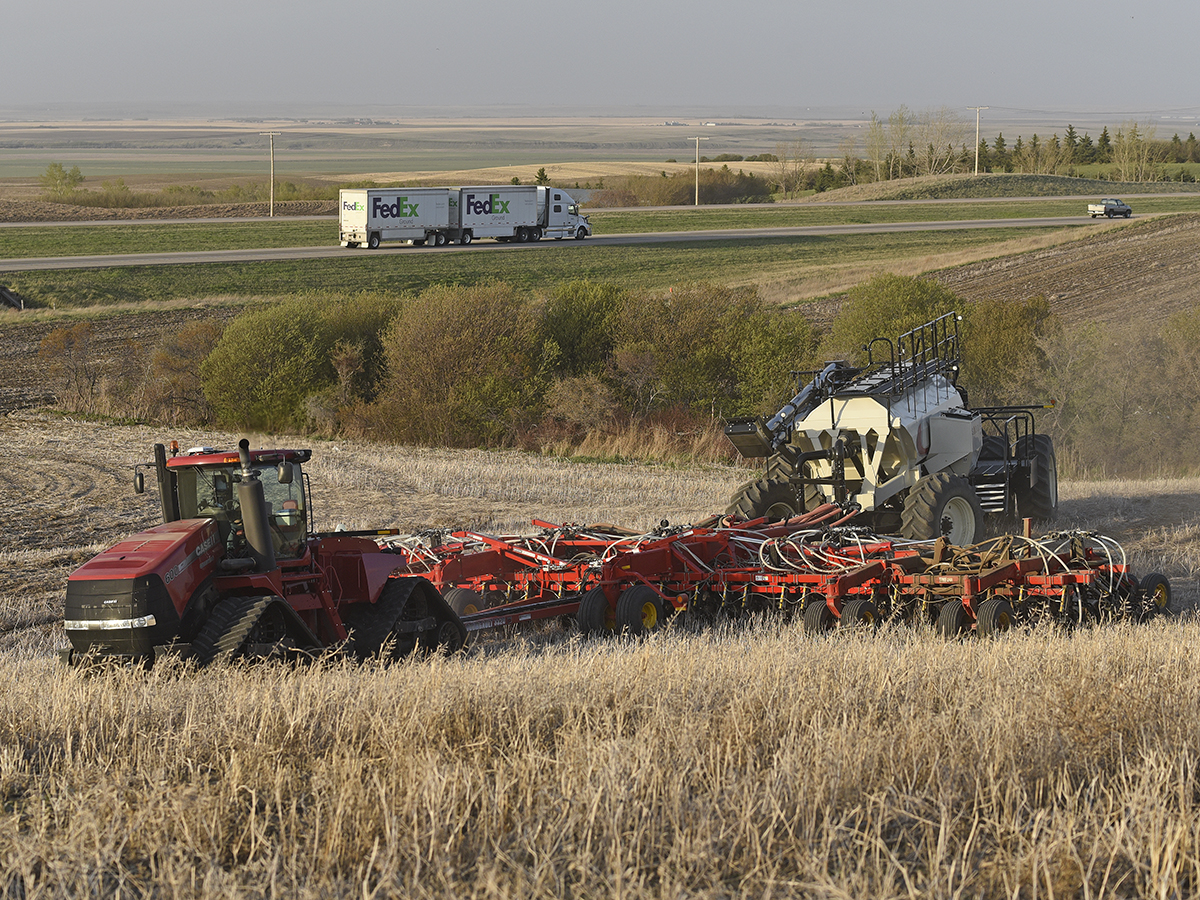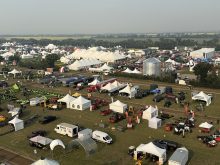After a prolonged COVID layoff from community journalism in southern Alberta, I’m back in the saddle, and you may have already noticed some of my stories in the Western Producer.
Dipping into producer meetings, annual general meetings and agriculture conferences, I have noticed a common trend emerge. There has been an underlying feeling that those outside of agriculture see farmers as destroyers of the environment and the land.
Data presented at conferences show greater yields with lower inputs — in other words, doing more with less land, using less energy consumption with greater results. By every metric as the decades have progressed, agriculture has shown progress in the green” movement.
Read Also

Determining tariff compensation will be difficult but necessary
Prime minister Mark Carney says his government will support canola farmers, yet estimating the loss and paying compensation in an equitable fashion will be no easy task, but it can be done.
And yet, these presenters have a sort of asterisk beside their names, put there by those who think our sustenance comes from the grocery store and have little knowledge about how much agricultural producers love the land.
It is in a farmer’s own self-interest for conservation and land management to make a living off the land and pass it onto their children — and yet, this disconnect persists among the less-versed public.
Then it hit me — while these presentations are providing so much great new information in the ever evolving field of agriculture, it is being said to the converted.
It’s important for industry-specific publications such as the Western Producer to spread this type of information to producers, but the broad strokes found in community journalism also have a role to play.
Even having the most basic of understanding is better than the dangerous misperceptions that can be found in urban centres, particularly when urban residents often legislatively determine how farmers are doing their job.
Being a former editor of a small generalist paper with oil and agriculture as king, I myself have learned so much in such a short amount of time as my appreciation has grown 10-fold about what it takes to produce food.
Imagine how important it is for the people who are complete blank slates to learn tidbits about the meat and crops they enjoy.
Agriculture is the foundation of nourishment that sustains life. Its importance needs to emerge from the shadows of rural living.
Information is power, and it needs to reach as many people as possible — not just the commodities that drive the economy, but the people who produce them, the families they raise and the communities they care for.
Urban centres need to truly appreciate the lifestyle that is afforded to them because of the rural people toiling in the fields.
Greg Price is a reporter with Glacier FarmMedia.















